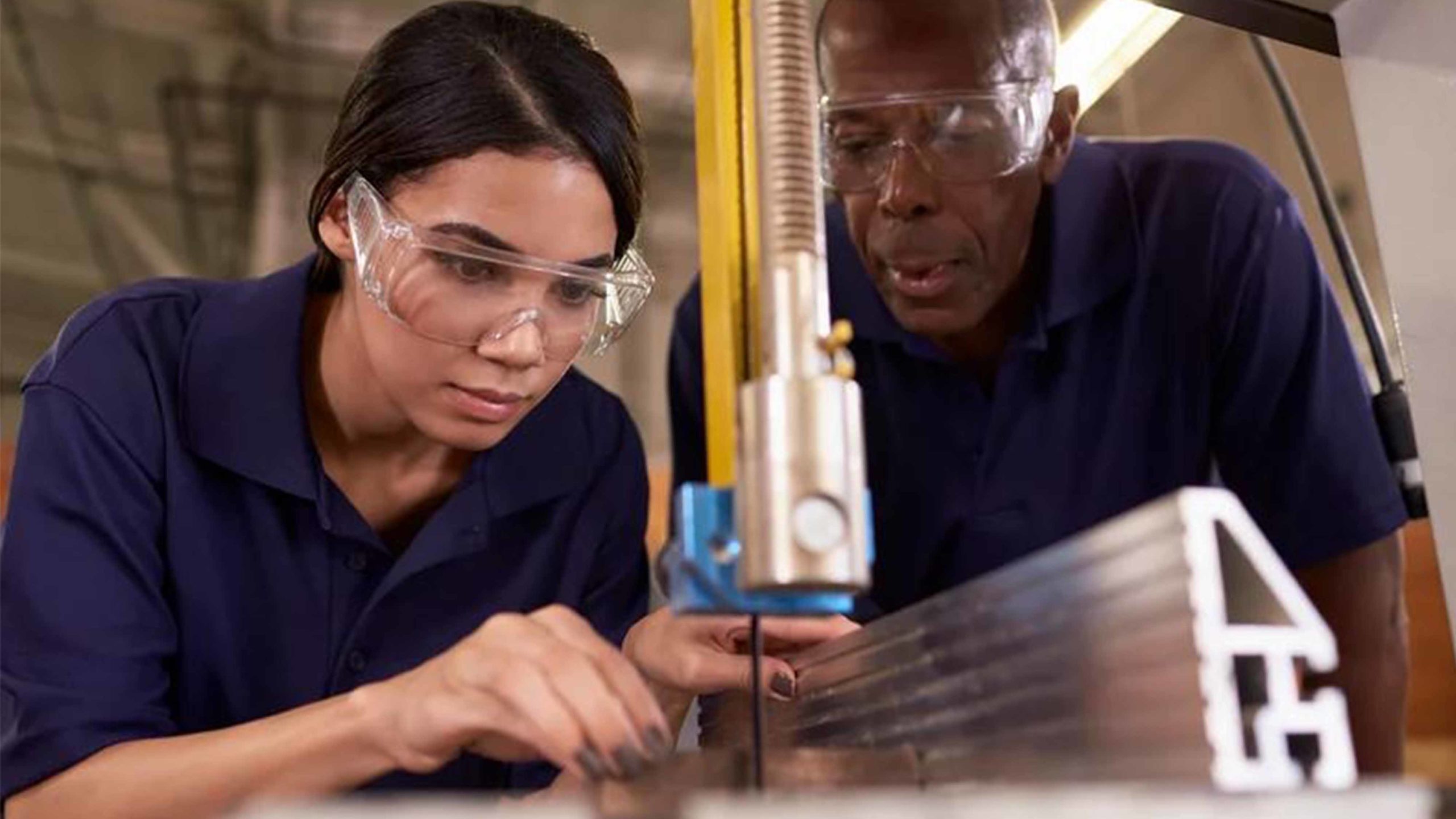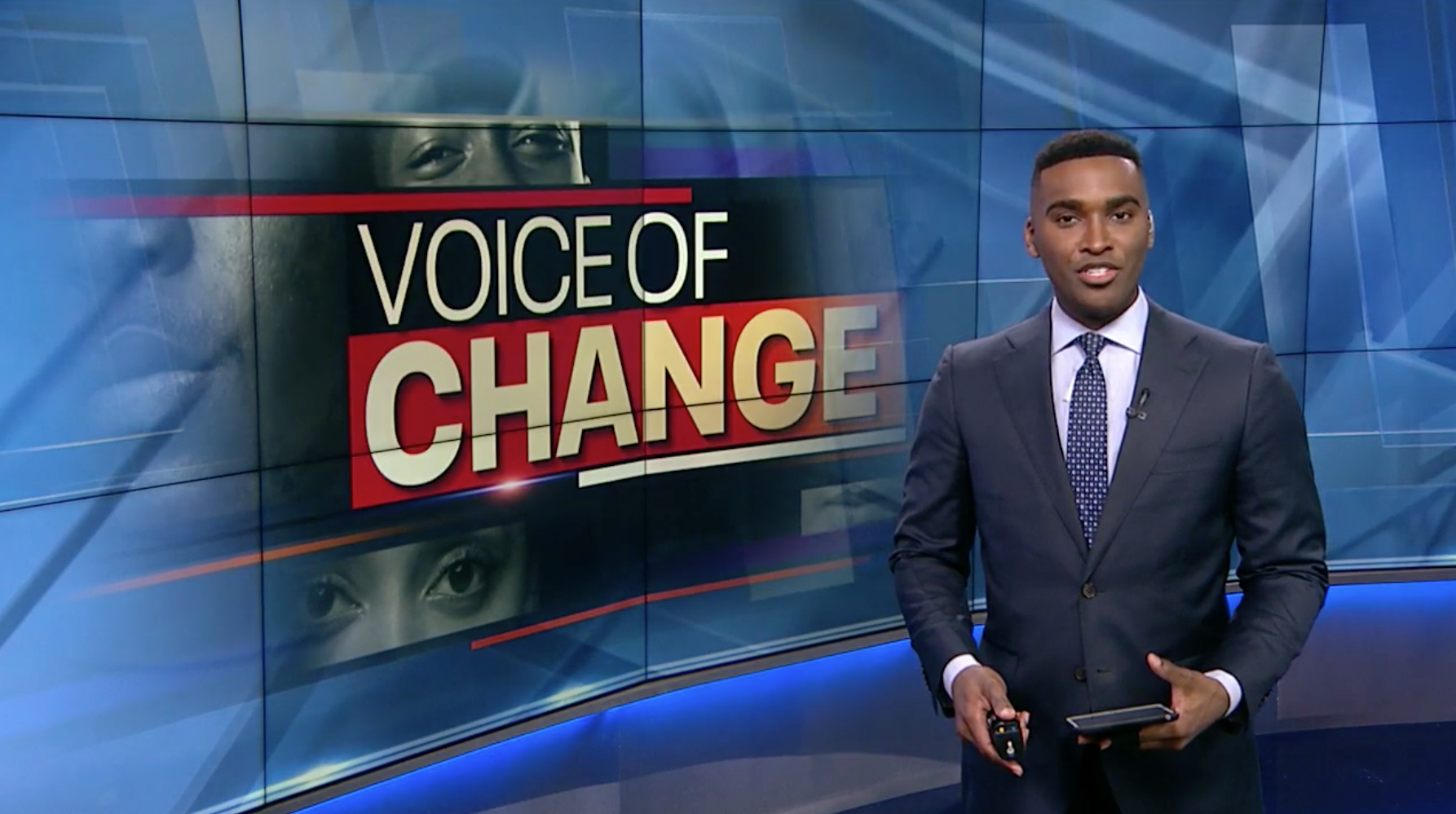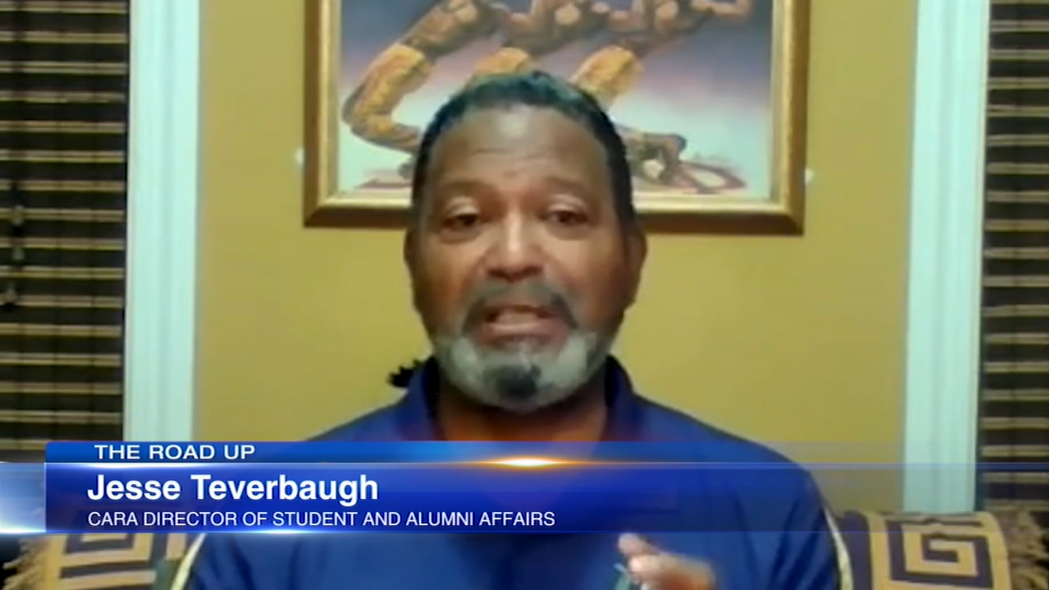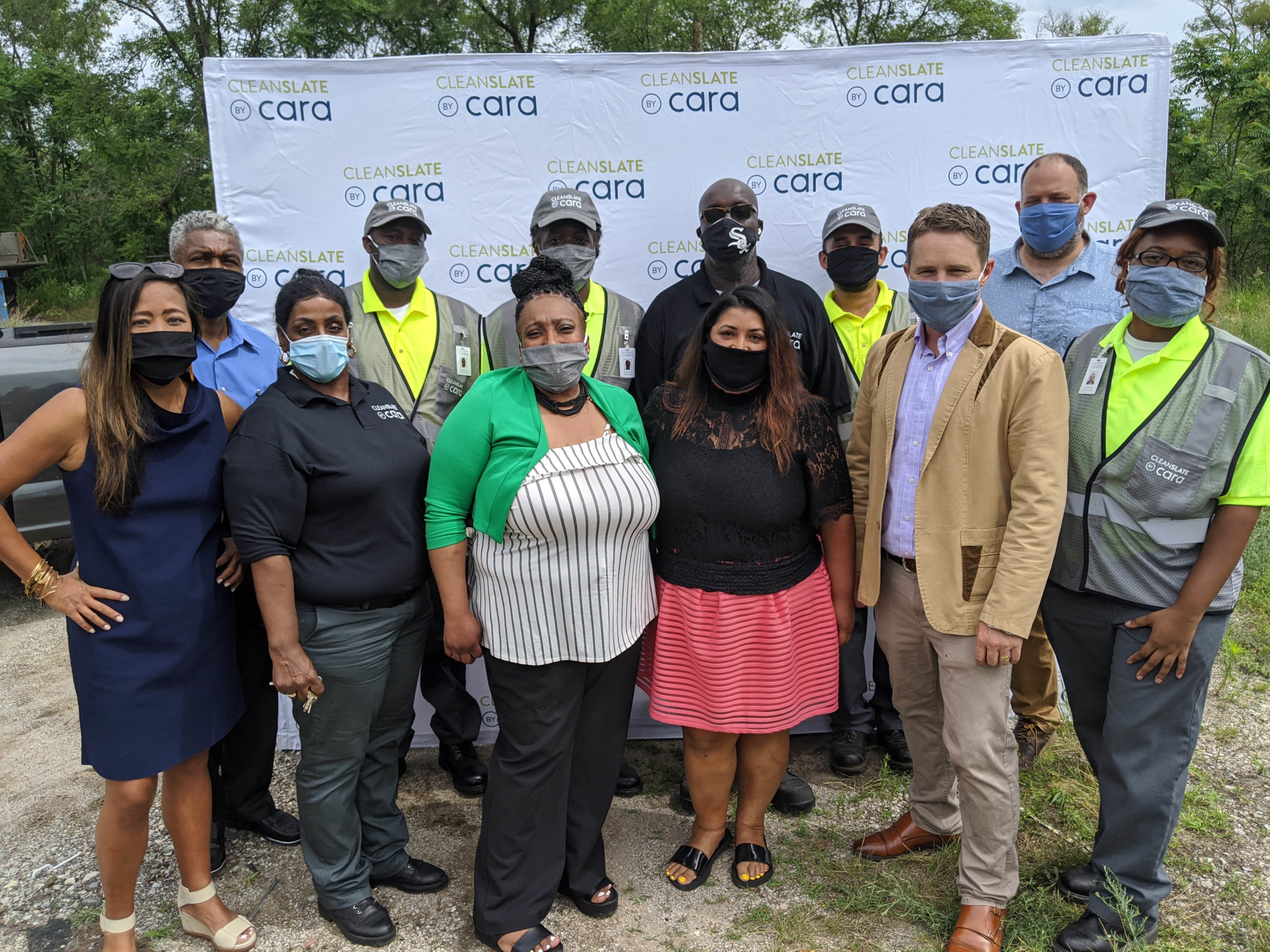An Investment in Career Readiness is a Step Toward Closing the Racial Wealth Gap

The following op-ed was first published in Crain’s Chicago Business.
The persistent racial wealth gap in the U.S. continues to be a burden on Black and Brown Americans, as well as the overall economy, according to a study by McKinsey. It is estimated that its dampening effect on consumption and investment will cost the U.S. economy $1.5 trillion over the next decade.
Even worse, if no action is taken to address this, communities of color are on a pathway to hit zero median wealth in the coming decades—estimated by 2053 for Black households and 2073 for Latinx households, per Federal Reserve data.
While there is no simple solution to closing the racial wealth gap, one critical first step is committing to providing opportunities for career readiness for our disinvested communities.
For more than three decades, Cara Collective has worked primarily with individuals and communities that have historically and systemically been left without access to opportunities for gainful employment. Primarily, we work with Black and Latinx individuals (more than 93% of our participant population) from our South and West Side communities (North Lawndale, Englewood and Austin among the top).
We prepare individuals for careers through a combination of training that focuses on both professional skills-based readiness as well as socio-emotional wraparound support services. This helps our job seekers achieve long-term on-the-job success. Throughout our history, we’ve been able to place people experiencing poverty into more than 13,000 jobs, with a one-year career retention at more than 20 points higher than similar workforce programs.
Through this work, we’ve learned that if we are to really prepare individuals for gainful employment successfully, it requires partnership and collaboration.
As part of our model, we work with dozens of organizations and leading companies in a multitude of industries to provide career opportunities. These unique partnerships are a leading factor to our success in job placements, and yet, in recent years, we’ve asked ourselves an important question—what would it take to catalyze these partnerships to create an even deeper, more-lasting systemic impact?
Recently, Cara Collective launched our three-year strategic plan, “Access. Equity. Opportunity.” A key priority of this is to better leverage our partnerships (new and old) to create more inclusive career pathways and close the racial wealth gap in Chicago and beyond.
We’re doing this by working with employers on creating branded trainings, designed to give job seekers the skills and certifications to become more market-competitive. We’re doing this by working with companies to examine how to make their hiring practices more inclusive. And we’re doing this by working with other social-purpose organizations to create effective workforce development solutions.
One such partnership illustrating the success of this is our collaboration with BMO Harris on BMORE. Launched in late 2020, BMORE is designed to increase access to employment in banking and finance. Recruitment for BMORE focuses primarily on the Austin and Little Village neighborhoods in support of Mayor Lori Lightfoot’s Invest South/West initiative, which addresses economic disparity in key neighborhoods.
Two years in, BMORE is responsible for the creation of more than three dozen jobs in Chicago for individuals who previously felt excluded from careers in banking. Additionally, we continue to work with BMO Harris to fine tune and evolve the program to better meet the needs of job seekers based off observations and feedback received from them. The success of this is evident in the fact that BMO Harris has launched BMORE in two additional Midwest markets in 2022.
Preparing for and developing pathways to gainful employment for our Black and Brown communities is a critical step in solving the racial wealth gap. But creating lasting impact requires an investment from all of us—both in the individuals, and the ripple effect that happens as they achieve financial stability; and at the systems level by working with some of the largest national Fortune 500 companies. By bridging the gap between the two, only then can we begin building a stronger, more inclusive economy.
Kathleen St. Louis Caliento is president and CEO of Cara Collective, a 32-year-old workforce development enterprise based in Chicago that has placed people experiencing poverty into more than 13,000 jobs.


